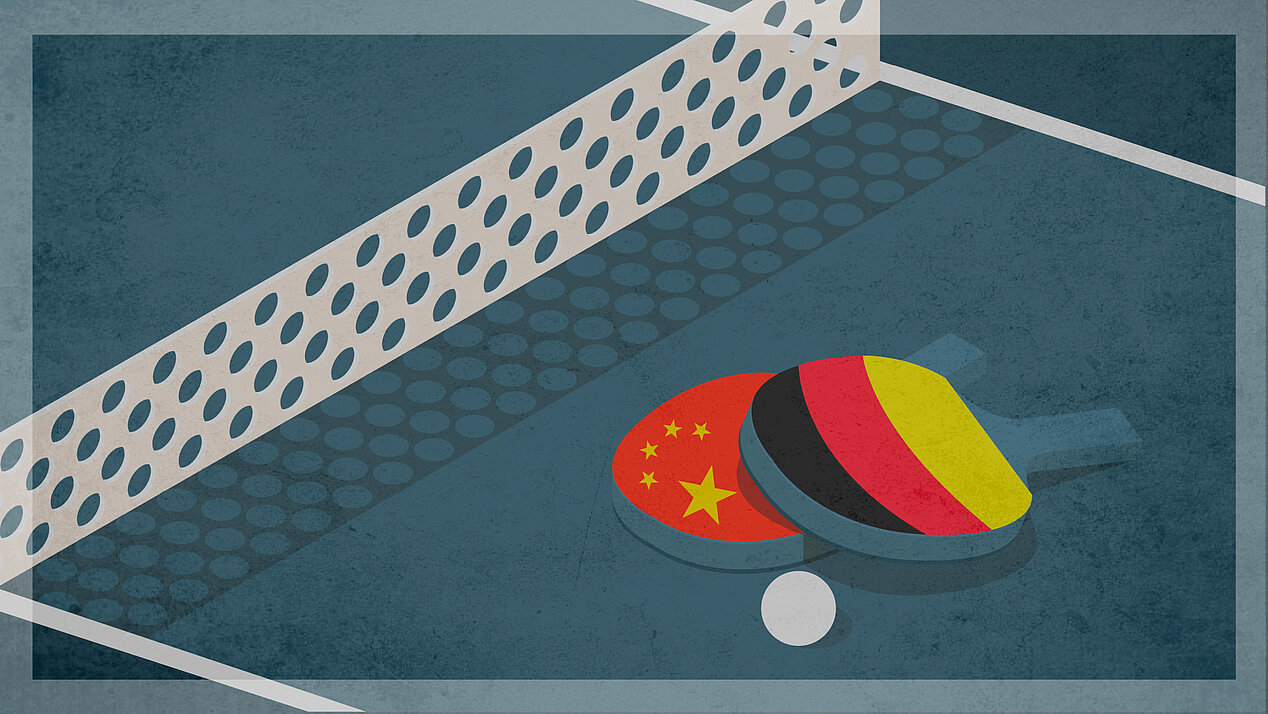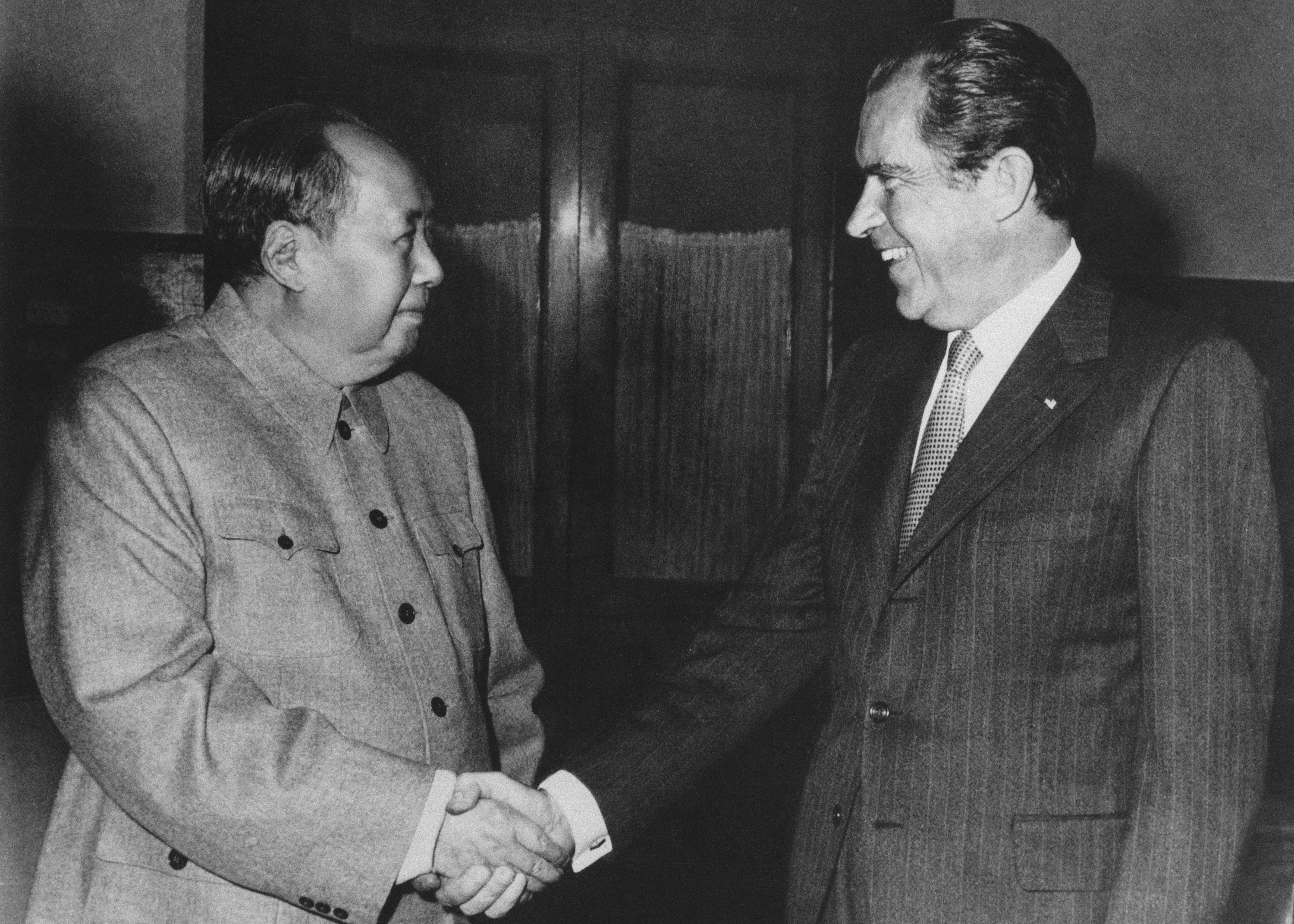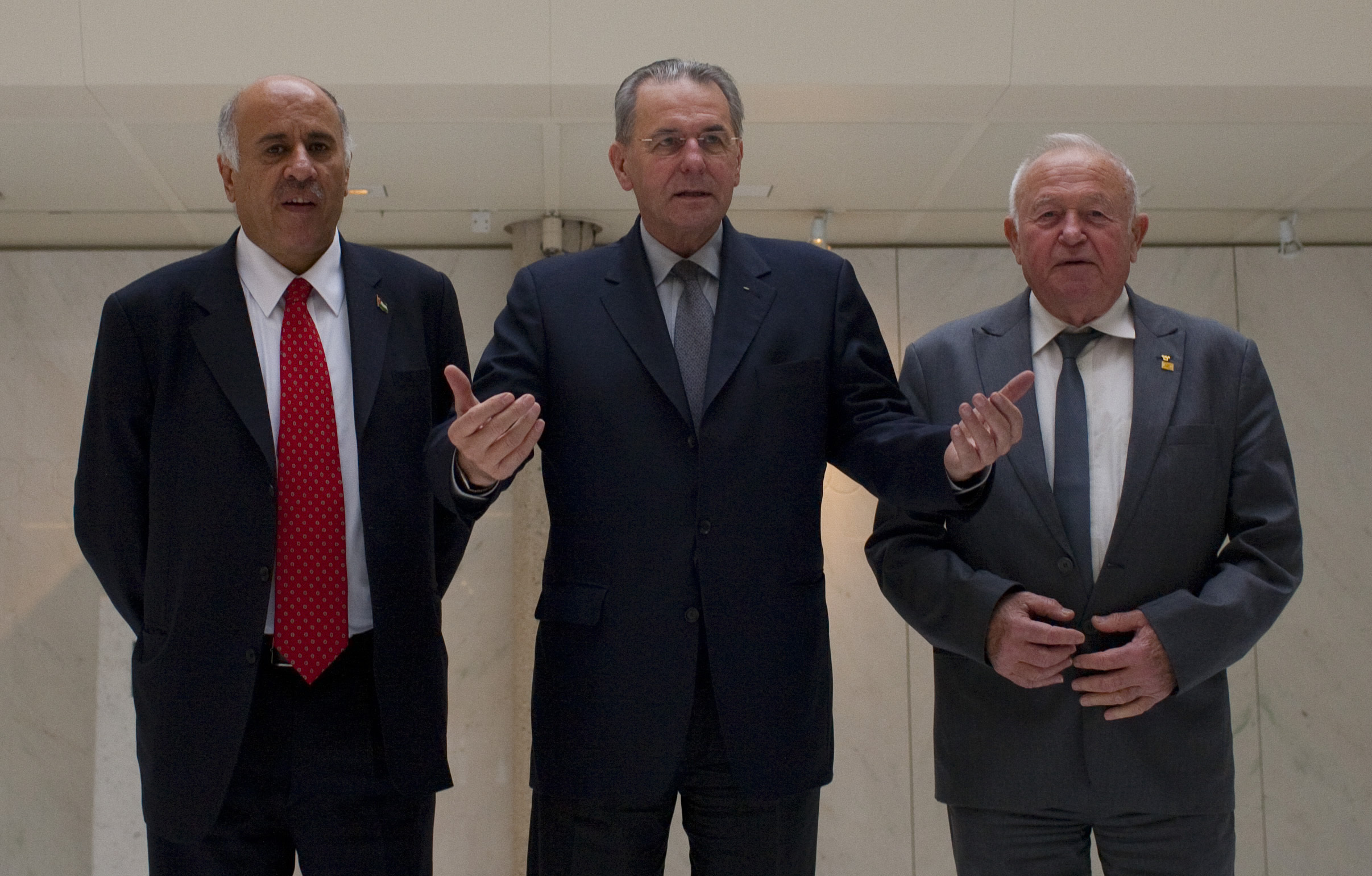A Chinese teacher taught me an old Chinese saying: ‘A journey of a thousand miles begins with a single step’. For Germany and China, one such step was taken in April 2008 when Germany’s Federal Ministry of the Interior and the General Administration of Sport of China signed a General Memorandum of Understanding on Sports Cooperation. There is no doubt that sport and sports policy can break down barriers between nations and contribute to detente and peace. But despite this, in 2007 the Beijing Olympics attracted a huge amount of criticism at home and abroad. Some European cities, including in France, displayed banners and posters that were critical of China. This culminated in critical statements and demands being made by politicians, such as the former President of the European Parliament Hans Gert Pöttering, who threatened a European boycott of the Olympics in China and called on the Chinese government to hold talks with the Dalai Lama.
Germany’s Minister of the Interior at that time, Wolfgang Schäuble, was not impressed by this scenario and insisted that bridges could be built through a targeted, bilateral cooperation on sport, which would serve mutual understanding much better than calls for boycotts. He held an official meeting with China’s sports minister, Liu Peng, during the latter’s visit to Germany in 2007, and I had an opportunity to spend a few days with the Chinese delegation. Liu Peng immediately agreed to my proposal regarding drawing up a joint agreement, and the text was ready shortly afterwards.
Interior Minister Schäuble and a delegation travelled to Beijing before the Olympic Games to hold discussions on sports policy. It was important for him to visit before the Games opened in order to benefit from the momentum of this visit. The agreement that he signed with China on that occasion is still the only one ever made between a German Interior Minister and a foreign country in the realm of sport.
Like other agreements made between the German Interior Ministry and other countries, this agreement has the legal status of a memorandum of understanding. In it, both parties emphasise exchange and cooperation in the area of sport based on mutual respect, equality and mutual benefit, while respecting human rights and building the Olympic spirit.
The signing of this Memorandum of Understanding triggered a series of congresses, symposiums and workshops in 2009, 2010, 2011 and 2013, jointly funded by Germany and China.
As history has shown, sport has often been used as a way of promoting particular ideologies.
Another milestone in China and Germany’s bilateral efforts to promote peace and rapprochement was the first Sino-German Sports Law Conference, held in Bonn in October 2010. It was a great success for international sports cooperation, attracting delegates from China, Germany, Belgium, Switzerland, and even the USA, along with representatives of the EU Commission.
It is not uncommon for these kinds of joint projects to gradually fizzle out, but this was not the case with China. Many more sports policy symposiums were held over the years that followed. This collaboration is significant because sport and sports policy are closely linked to many areas of society. Particular interdependencies exist with politics, the economy, media and the education system. And yes, sport has an ambivalent relationship with peace and violence. As history has shown, sport has often been used as a way of promoting particular ideologies.
During the Cold War, class warfare was brought into the stadium by the military and a ‘sporting arms race’ began. The battle over political differences was continued using other means and on other stages.









